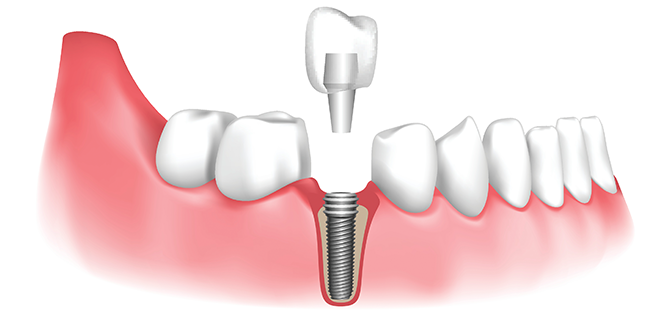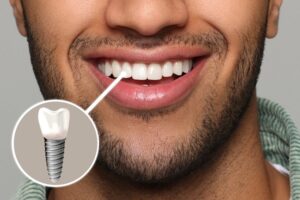
Long term success of Implants -Care Guide By DrHaritha Tooth Align
Care Guide For Long term Success Of Implants
Dental implants are a long-term investment in your oral health, providing a durable and natural-looking solution for missing teeth. However, proper care is essential to ensure the long-term success of implants. In this guide, we will discuss the best practices to maintain your implants and keep your smile healthy for years to come.
Daily Oral Hygiene for Long-Term Success of Implants
Maintaining excellent oral hygiene is crucial for the long-term success of implants. Here are some daily care tips:
- Brush Twice a Day – Use a soft-bristle toothbrush and non-abrasive toothpaste to clean around your implants and natural teeth.
- Floss Daily – Special implant-friendly floss or water flossers help remove plaque from hard-to-reach areas.
- Use an Antimicrobial Mouthwash – A non-alcoholic mouthwash can help reduce bacteria and prevent infections around your implants.
- Avoid Hard and Sticky Foods – Chewing ice, hard candies, or sticky foods can damage the implant crown or surrounding gums.
Regular Dental Checkups to Ensure Long-Term Success of Implants
Routine dental visits are essential for monitoring the condition of your implants. Your dentist will:
- Check for signs of peri-implantitis (inflammation around the implant)
- Perform professional cleanings to remove plaque buildup
- Assess the stability and function of your implants
- Provide personalized advice for maintaining the long-term success of implants
-
Take periodic X-rays to evaluate bone levels and implant integrity
Lifestyle Habits That Impact the Long-Term Success of Implants
Certain lifestyle choices can either support or hinder the long-term success of implants:
- Quit Smoking – Smoking increases the risk of implant failure by affecting bone healing and gum health.
- Maintain a Healthy Diet – A balanced diet rich in calcium and vitamin D supports strong bones and healthy gums.
- Avoid Teeth Grinding – Bruxism (teeth grinding) can put excessive pressure on implants. If you grind your teeth consult Dr Haritha for nightguard.
- Limit Sugary and Acidic Foods – These can lead to gum disease, which may compromise implant stability.
- Avoid Hard and Sticky Foods – Chewing ice, hard candies, or sticky foods can damage the implant crown or surrounding gums.
- Rinse After Meals – Swishing with water or an antibacterial rinse after meals helps remove food particles and bacteria.
Signs of Implant Problems and When to Seek Help
Even with proper care, it’s important to be aware of warning signs that may indicate implant issues. Contact your dentist immediately if you notice:
- Redness, swelling, or bleeding around the implant site
- Pain or discomfort while chewing
- A loose or shifting implant
- Bad breath or a foul taste around the implant
-
Receding gums around the implant, which may indicate bone loss
Early detection and treatment are key to preserving the long-term success of implants.
Conclusion
Proper care and regular checkups are essential for ensuring the long-term success of implants. By maintaining good oral hygiene, making healthy lifestyle choices, and seeking professional dental care, you can enjoy a beautiful and functional smile for a lifetime.
If you have dental implants or are considering them, schedule a consultation at Dr. Haritha Tooth Align to learn more about maintaining your oral health. Our expert team is here to help you achieve and maintain the long-term success of implants.


